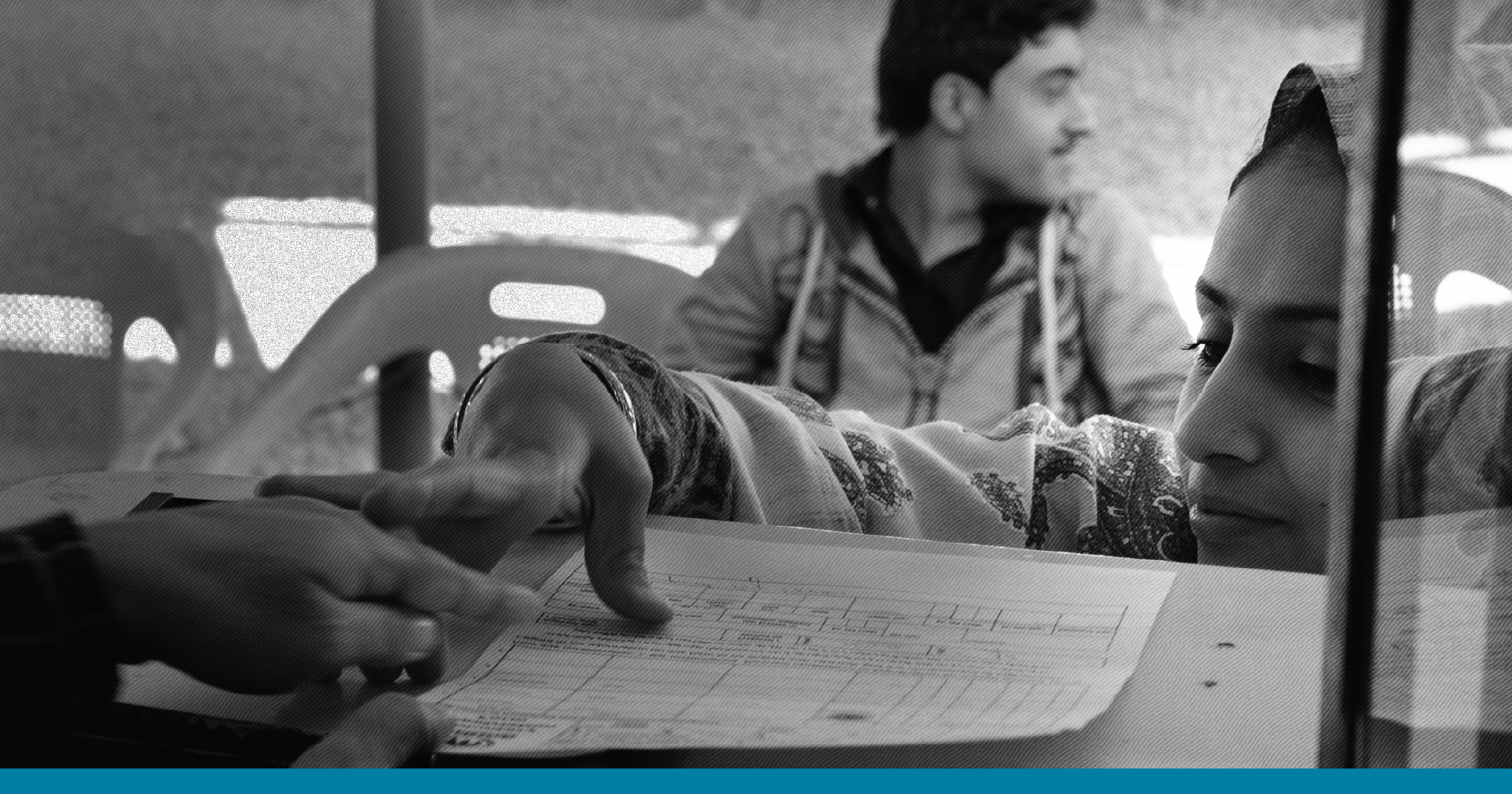Administrative Court of Lombardy condemns ministry for migrant visa delays
A class action brought by several associations on behalf of over 100 foreigners and employers has succeeded. The Court asserted in their judgment that the rights of those who asked to work legally were violated.
The Regional Administrative Court of Lombardy, in ruling on case number 2949 on 5 December 2023, concluded that the failure to conclude visa application proceedings within the required 180-day time limit was unjustified and that the rights and interests of the applicants had been violated.
The case was initiated as a public class action brought by the Italian Coalition for Civil Liberties and Rights (Italian acronym: CILD), the Association for Legal Studies on Immigration (Italian acronym: ASGI), Oxfam Italia Onlus, Spazi Circolari and the Naga Association, a Voluntary Organisation for Social and Health Assistance and for the Rights of Foreign Citizens (in addition to 9 singular person plaintiffs and the intervention of approximately 100 other parties, including both natural persons and employers).
The class action had been brought to address administrations which were failing to respect maximum timeframes for regularisation procedures.
The Regional Administrative Court ordered the relevant administrations to conclude the examination of regularisation requests within 90 days, in an effort to remedy non-compliance with the 180-day time limit (a time limit set by the Council of State, judgment no. 3578/2022) in concluding the proceedings.
The Regional Administrative Court considered serious the objective and ascertained delay by the Prefecture of Milan not only in relation to the long time elapsed from the date of submission of the application for emersion (in August 2020), but also the serious delay relative to the 180-day time limit for closure of files..
These long delays represent a serious and generalised breach of duty by the Public Administration, forcing thousands of foreigners to live in effective limbo, as those without a receipt of the application for regularisation or the issuance of the first residence permit cannot enter into a subsequent work contract, cannot open a bank account, cannot register with the registry office, and cannot leave Italy to visit their families.
Of the ruling, the organisations which brought the action said: “The ruling of the Lombardy Regional Administrative Court is of fundamental importance and formally acknowledges the complaint of the organisations and individuals who brought the public class action – namely that people and their employers cannot be left in an effective legal limbo for such a long time. We now hope that the Prefecture of Milan will comply with the Administrative Court’s ruling and remedy the situation they created, and that the many other defaulting Prefectures will do the same.’
A regularisation drive for irregular foreigners had been ordered and promoted in May 2020 by the Conte II government in response to sharp needs to retain labour in the agriculture and domestic sectors during the pandemic. Many requests, more than three years after that law (Article 103 of Law Decree No. 34/2020) came into force have still not received a response. This was the impetus for the public class action being brought against the Prefecture of Milan, as well as another against the Prefecture of Rome with other organisations. A hearing for the action against the Prefecture of Rome has been set for 7 March 2024.
That action, including against the Questura (police headquarters) of Rome, has been brought by Arci Roma, ASGI, Baobab Experience, CILD, Cgil Lazio, Inca-Cgil Lazio, Nonna Roma, Oxfam, Progetto Diritti and Spazi Circolari, in collaboration with the Ero Straniero Campaign. In that case these organisations have similarly filed a class action for the delay in issuing residence permits. A similar action is about to be filed against the Questura di Napoli.
The very serious delays of the Ministry of the Interior (prefectures and police headquarters) in issuing documents essential for the daily lives of foreigners, can cause very serious damage, such as the loss of work and income, poverty, lack of access to health services, and an inability to exercise social rights only accessible to those with a permit. Due to this, foreigners experience delays that do not afflict Italian citizens, which means foreigners become socially marginalised, which then becomes political propaganda ‘material’.





